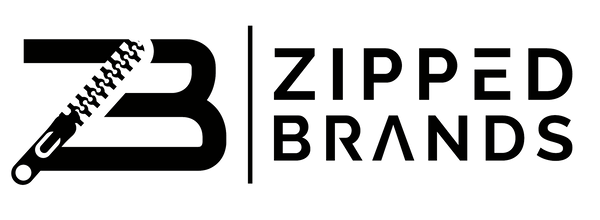Things I Wish People Understood About Me (And Disability)
Compartir
Do I wish people understood my corny and sometimes (okay, oftentimes) embarrassing sense of humor? Or the fact that I sternly believe ranch makes almost anything better? Absolutely. But that’s a post for another day.
Living with a visible disability like Spinal Muscular Atrophy (SMA), I’ve experienced some truly astonishing (and sometimes just plain weird) moments when interacting with people. In those times, I can’t help but wish I had a digital board that flipped through a list of things I wish people understood—about me, and about disability in general.
These are the things I would have on that list.
• I know your instincts compel you to reach out and shake my hand, but unfortunately, no amount of time spent waiting for me to reciprocate your manners will give me the ability to do so.
• Disabled people don’t all know one another.
• It’s okay to be inspired by me, but it’s not okay to be inspired by me for simply existing. Disabled people aren’t on Earth to be your means of inspiration.
• Not all disabilities are visible.
• I struggle with small talk.
• It’s extremely rude (and just weird) to ask about intimate parts of my life when I don’t even know you.
• I can’t get in my van if you park on the striped lines. This means when you return to your car, you will be met with a very disgruntled disabled man in a wheelchair. No beuno!
• Saying “if I ever end up like that, just let me die” when seeing someone with a disability is insulting. It implies that disabled lives aren’t worth living — and that’s so untrue.
• No, I’m not related to Stephen Hawking.
• I enjoy having my thoughts challenged. If I’m wrong, tell me! It communicates that you hold me to the same standards as anyone else — that’s good!
• Even if you think someone can’t speak for themselves, assume they can
• Before asking a disabled person something, first ask yourself if you would ask an able-bodied person that same question. If you answer no, don’t ask it.
• I don’t expect you to understand my life, but I do expect you to respect it.
I asked the disabled community what they wished people understood, and these were their answers.
• That on December 3rd, International Day of Persons With Disabilities, you are legally obligated to give us $100. – Jeff
• Our "differences" are our strengths. – Julie
• I’d rather talk about and explain my disability than have you assume wrongly. Just ask, I’m an open book! – Jennifer
• We want the same things in life that you do - a loving family, respectful and caring friends, the best personal healthcare possible, a safe place to live, reliable transportation options, enough money to meet our needs (physical and social), the opportunity to live as independently as possible, and the opportunity to be happy. – Robin
• My life is as varied and unpredictable as yours. – Shamini
• Don't feel sorry for me. I can't use that for anything. My disability doesn't define me. Yes, it is my living condition, but it is not all that I am. – Aina
• The struggles of loneliness for a lot of us. – Hunter
• We have the best communication skills by far. I guess it’s the perks of having to walk people through keeping us alive for all/most of our lives. – Shelby
• Having a disability does not mean I have a lot of knowledge about disabilities different than mine. Just as non disabled people have limited knowledge. – Susan
At the end of the day, disability is a reality that comes with challenges, yes, but also with perspective, humor, and strength. We don’t need pity. We don’t need to be pedestalized. We just need respect, understanding, and the space to live our lives fully — just like anyone else. Every disabled person you meet will have their own story, their own needs, and their own “digital board” of things they wish you knew. The best way to learn? Ask. Listen. Respect.
If I ever do get that digital board, maybe it’ll just flash one message big and bold: “Don’t assume. Don’t pity. Just treat me like a person — preferably one who has copious amounts of ranch in the fridge.”

